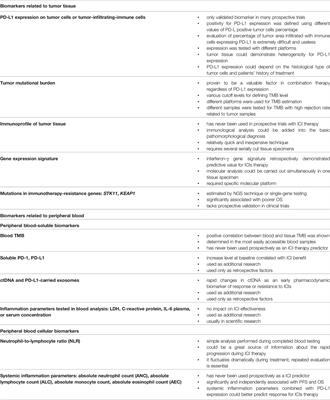REVIEW
Published on 09 Aug 2021
Viral Infection and Lung Cancer Immunotherapy
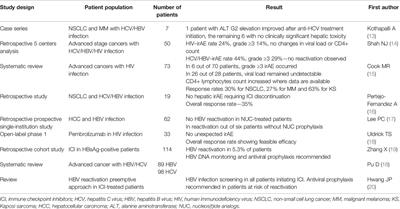
doi 10.3389/fonc.2021.577514
- 2,993 views
- 1 citation
47k
Total downloads
158k
Total views and downloads
You will be redirected to our submission process.
REVIEW
Published on 09 Aug 2021

ORIGINAL RESEARCH
Published on 21 Jul 2021
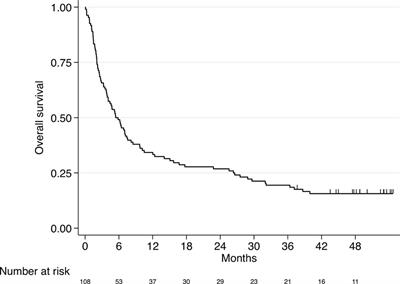
ORIGINAL RESEARCH
Published on 27 May 2021
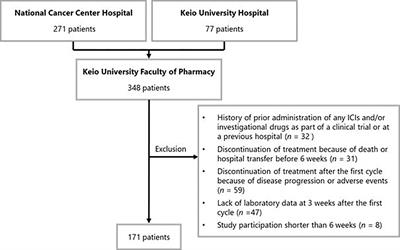
ORIGINAL RESEARCH
Published on 05 Mar 2021
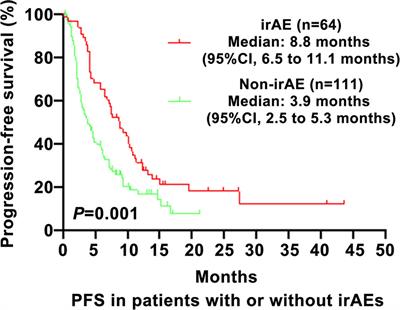
ORIGINAL RESEARCH
Published on 24 Feb 2021
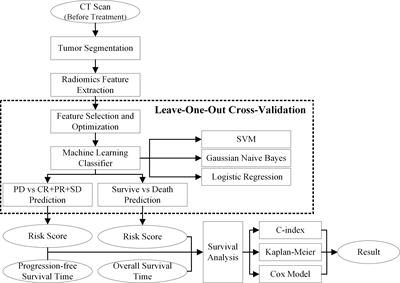
ORIGINAL RESEARCH
Published on 23 Feb 2021

SYSTEMATIC REVIEW
Published on 23 Feb 2021
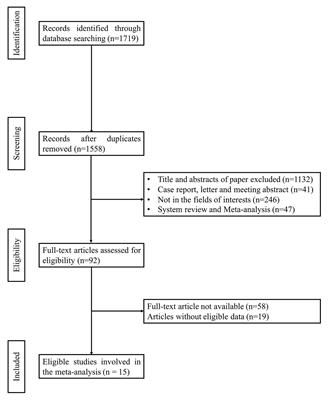
ORIGINAL RESEARCH
Published on 11 Feb 2021
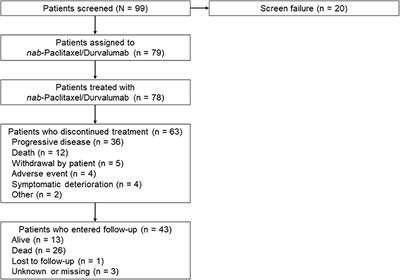
ORIGINAL RESEARCH
Published on 08 Feb 2021

SYSTEMATIC REVIEW
Published on 11 Jan 2021
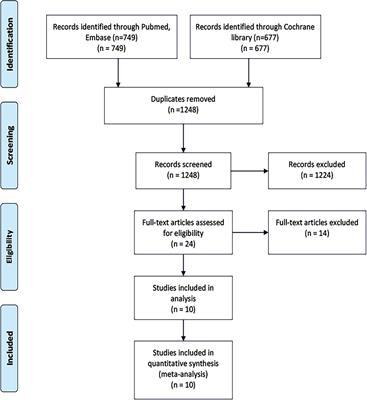
MINI REVIEW
Published on 04 Dec 2020
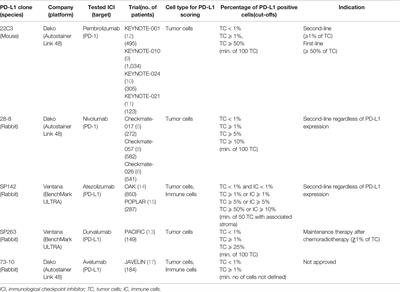
REVIEW
Published on 30 Nov 2020
